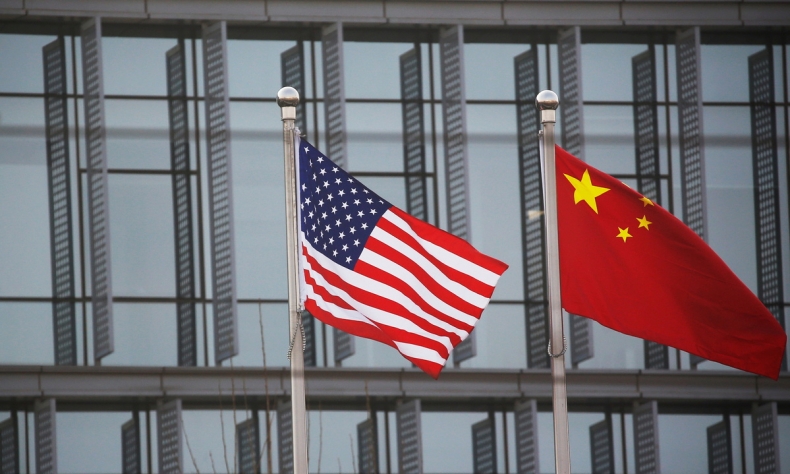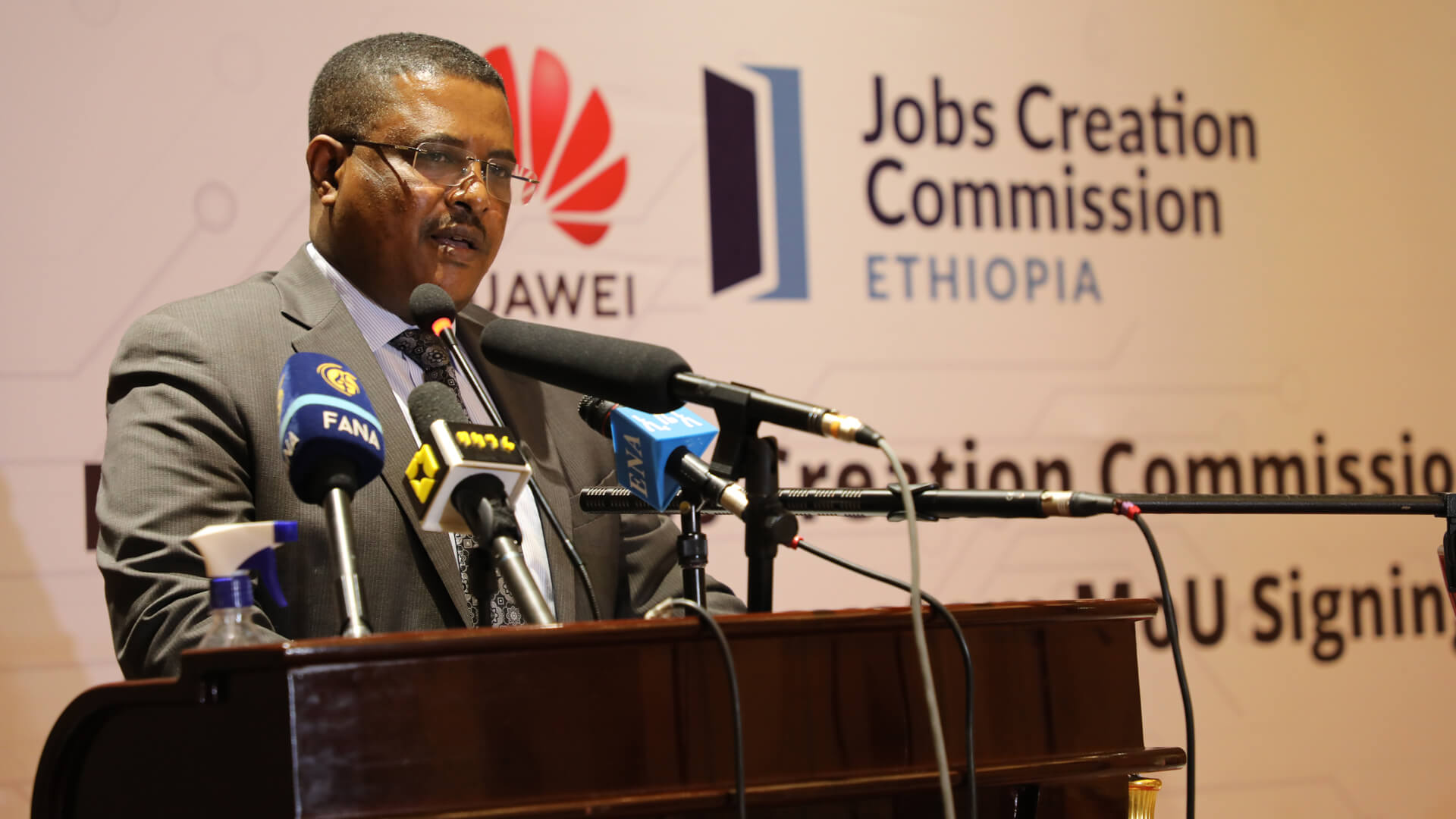That Awkward Moment When US Said ‘Engagement with China Has Ended’

Washington is confronting a dilemma with Beijing. Do they seek to mend ties with China after Former US President Donald J. Trump launched trade wars against Beijing?
Dr. Kurt Campbell serves as ‘Asia Czar’ for the Biden administration and his public statements are expected to reflect the thoughts of the current White House. Washington continues to hold much diplomatic influence over the Asian continent and that will continue alongside China’s rise in the region.
Campbell’s official title is National Security Council’s Coordinator for Indo-Pacific Affairs and he works closely with Senior Director for China Laura Rosenberger. They serve as the ‘brain trust’ for Washington’s foreign policy under the Biden administration. They steer the direction of US-China bilateral relations from Washington’s side. Their decision-making could dramatically influence the geopolitical landscape for the next few years to come.
Washington is confronting a dilemma with Beijing. Do they seek to mend ties with China after Former US President Donald J. Trump launched trade wars against Beijing? Or will Biden maintain the status quo with Trump’s China policy?
Choosing to disengage
The Biden team appears to be siding with the neocon war hawks, who despise China and Campbell has long been part of that. He served in the George W. Bush administration (2001-2009) and was considered to be largely influenced by former White House National Security Council director John Bolton, who often espoused pro-war views in efforts to contain China.
Hence his speech at Stanford University last month in which he insisted Washington must push back against Beijing should come as no surprise. He said:
“The period in U.S. policy toward China that was broadly described as engagement has come to an end. The dominant paradigm is going to be competition. Our goal is to make that a stable, peaceful competition that brings out the best of us.
He added, “We all understand that China, as a rising power, takes issue with certain elements of the existing, dominant system and wants to revise them. We believe that the best way to engage a more assertive China is to work with allies, partners, and friends.”
Introducing three pillars
Rosenberger followed up on Campbell’s aggressive speech. She announced Biden will move forward on Trump’s America First agenda while boosting infrastructure and offering more foreign aid to the developing nations to compete against China’s Belt & Road Initiative and to curb Beijing’s influence over nations that are part of the Emerging Markets.
“What we are seeking to do is to show that democracies deliver and work for the benefit of the American people and the world’s people. That provides a competitive counteroffer to China’s more coercive ways of engagement with its counterparts and its efforts to reshape rules in ways that threaten democracies,” Rosenberger describes as the first pillar.
She goes on to emphasize the US intends to invest at home and to do its part to overcome the Covid pandemic, as well as “to out-innovate and outperform China in the technology space, where much of the competition between the two powers lies,” which would be their second pillar.
She described the third aspect as “Countering China where we need to and cooperating with China where it is in our interest to do so. We think this is how we can manage competition in a way that will prevent us from moving into conflict but that will allow us to maximize cooperation.”

Fair competition or taking sides?
Washington holds a legitimate right to call for greater competition between the US and China on the world stage. In reality, the increasing competition to jumpstart construction of more infrastructure projects in developing nations and to supply more vaccines to impoverished communities worldwide can benefit the poor most of all. They have better options when Beijing and Washington are competing for their friendship. The Chinese government welcomes such competition and hopes for a ‘win-win’ solution under a ‘share prosperity’ platform.
But Campbell’s ‘competition’ is more like an act of sabotage. Washington is approaching other nations and urging them to take a stand, choose America and walk away from China. We had witnessed it when the US signed an economic cooperation and 5G networks development agreement with Ethiopia. Addis Adaba was ordered to shut out Shenzhen-based Huawei Corp. from its mobile networks. The Ethiopian government was required to cancel their current contracts with Chinese hi-tech firms and replace them with the US and European ones.
The Chinese government, companies and investors poured in billions of Chinese yuan to fortify Ethiopia as global research and development hub for AI (artificial intelligence) advancements. Schools for aspiring scientists were built, Africans were hired and trained by Chinese firms and they could benefit from having higher-paying jobs and better living conditions, but Washington stepped in and forced China to lose out on their prior investments in Ethiopia.
More dangerous times
Campbell has never been a friend to China but he’s expected to drive Biden’s Asia policy and that could usher in more dangerous times indeed. His declaration that “US engagement with China has ended,” should have sent shock waves to international diplomatic circles, especially for the Europeans. Last year, the European Union reported that China was its world’s largest trader, surpassing the US for the first time in its history. European companies have enjoyed tremendous success with cross-border investments and trade with China. Germany has a trade surplus with China. Europe’s continental economy remains deeply connected to China and Brussels has made efforts to keep diplomatic and economic relations running strong with Beijing.
Brussels had sought to return the favor with the European Union Commission endorsing the China-EU CAI (Comprehensive Agreement on Investments) to deliver a better free trade agreement, but Washington refused to back them up and CAI’s ratification has been stalling in the EU Parliament, serving as yet another reminder that the US is forcing governments and regional powers to choose sides and that will cause severe disruptions to the global economy overall.
Bitter irony
Campbell’s speech was ironic, since he was speaking at Stanford University’s Freeman Spogli Institute for International Studies, which hosted the 2021 Oksenberg Conference. According to Stanford’s Website:
“Sponsored by Shorenstein APARC and led by the China Program, the annual Oksenberg Conference honors the legacy of the late Professor Michel Oksenberg. A renowned China scholar who urged the United States to engage with Asia in a more considered manner, Oksenberg was a senior fellow at APARC and FSI and served as a key member of the National Security Council when the United States normalized relations with China. In his tribute, the Oksenberg Conference recognizes distinguished individuals who have advanced the understanding between the United States and the nations of the Asia-Pacific.”
Apparently, Dr. Campbell did not wish to pay tribute to the good deeds of the late Professor Michel Oksenberg when promoting his anti-China agenda.
The article reflects the author’s opinions, and not necessarily the views of China Focus.
 Facebook
Facebook
 Twitter
Twitter
 Linkedin
Linkedin
 Google +
Google +



